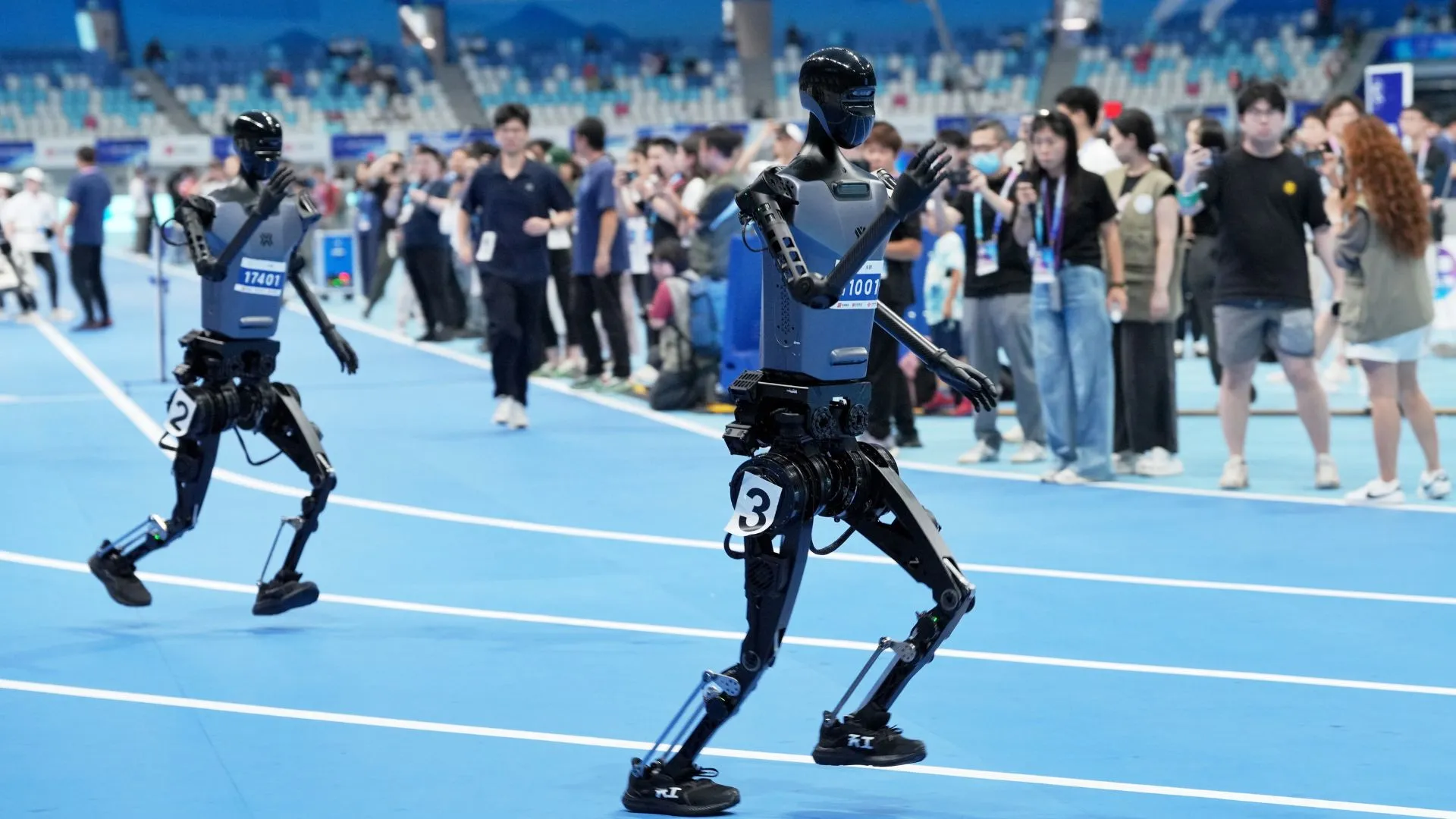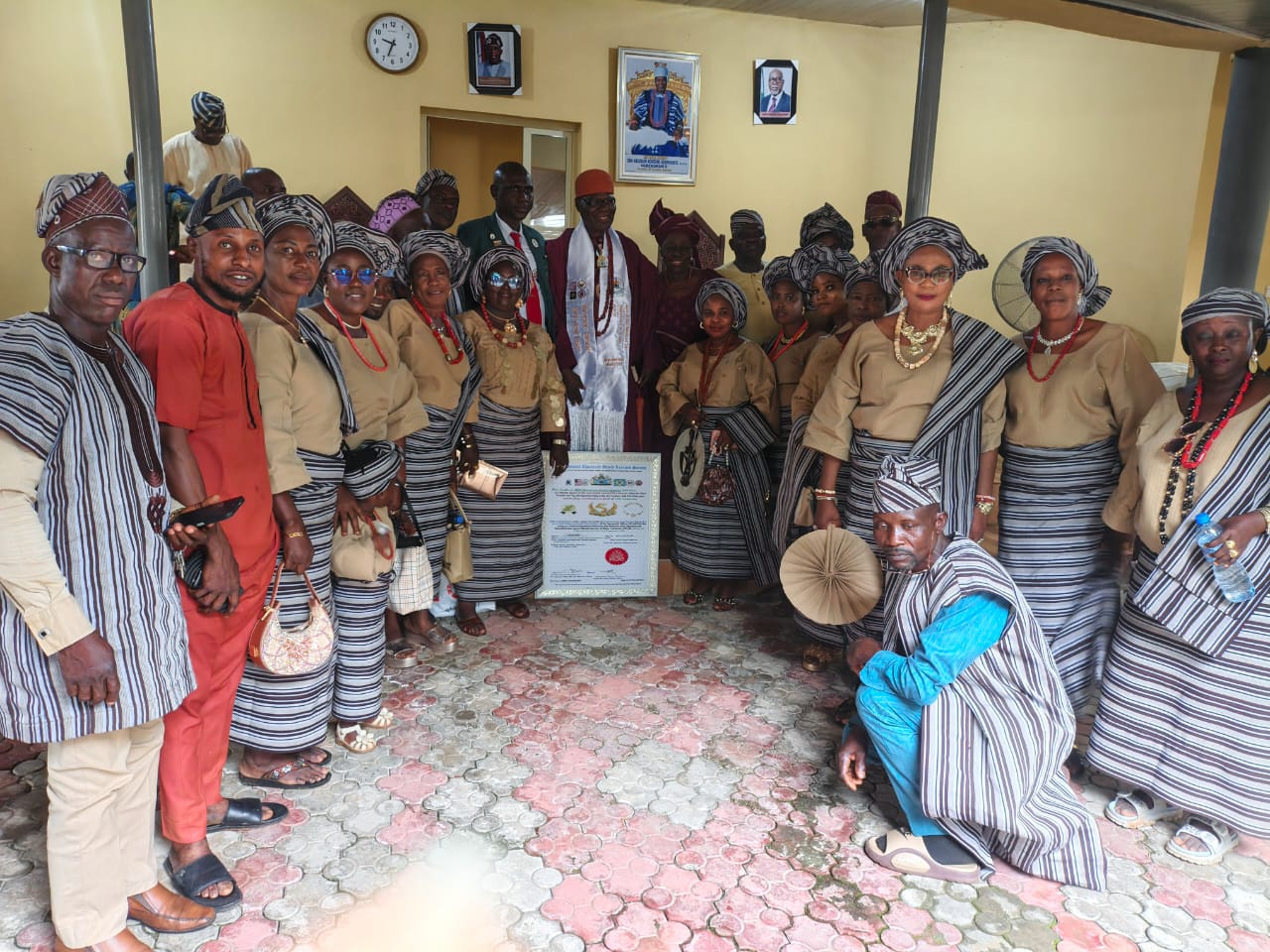
Humanoid robots are stepping into new roles that go well beyond labs and competitions. On Thursday, Tien Kung became the first humanoid robot to test running shoes in Beijing, opening a new frontier in sports product development.
The trial took place at the Li-Ning Sports Science Research Center. Engineers fitted the full-sized robot with running shoes before sending it onto a 3D force treadmill and a 200-meter indoor track.
The test focused on cushioning, rebound, and other performance indicators that usually take weeks of athlete data collection.
“Humanoid robots are now preliminarily capable of running in a human-like way,” said Yang Fan, senior director of the Li-Ning center, as quoted by China Daily. “This encouraged us to apply them to product development.”
Robots as sports testers
Sensors embedded in Tien Kung’s hips, knees, and ankles tracked detailed biomechanical information during the runs. Yang noted that this data is nearly impossible to capture with human athletes.
Robots also offer consistency, repeating trials with no fatigue or variation.
Traditional shoe testing depends on athletes running multiple sessions across weeks to produce a usable dataset.
Tien Kung, in contrast, delivers repeatable results within hours. This reliability could speed up the shoe design cycle and reduce costs, while giving developers a clearer picture of real-world performance.
According to Liu Hao, brand manager at the Beijing Innovation Center of Humanoid Robotics, the information supports both footwear development and the advancement of humanoid platforms themselves.
The partners now plan to create a professional running shoe database that evaluates cushioning, rebound, and related indicators for R&D and consumer use
The running trial builds on a series of athletic milestones for the humanoid. In April, Tien Kung Ultra became the first robot to finish a half-marathon, completing the 21-kilometer course in Beijing in 2 hours and 40 minutes.
Reporters noted that the robot stopped smoothly after the race, showing no signs of fatigue. Human runners gathered around to take photos as operators guided it toward the awards area. The win highlighted the robot’s endurance and hinted at broader applications in sports and beyond.
Advanced humanoid platform
Tien Kung, also known as Tiangong, is a 1.7-meter-tall humanoid developed by UBTech Robotics and the Beijing Humanoid Robot Innovation Centre (X-Humanoid). It runs at 10–12 km/h across stairs, slopes, sand, and snow, thanks to a biomimetic torso and 20 degrees of freedom.
The platform integrates lidar sensors, Nvidia Jetson Orin computing kits, and dexterous five-fingered hands.
It has climbed 134 stairs continuously, absorbed impacts without losing balance, and handled warehouse logistics tasks. Priced at 299,000 yuan ($41,200), it targets research labs and developers.
In May, the company showcased the robot to the media in Beijing. Tien Kung placed fruit on a plate, moved goods in a warehouse, and navigated grass and gravel.
The startup hopes to deploy it in industries where human safety is at risk, from logistics to rescue missions.



